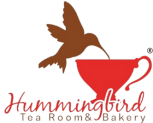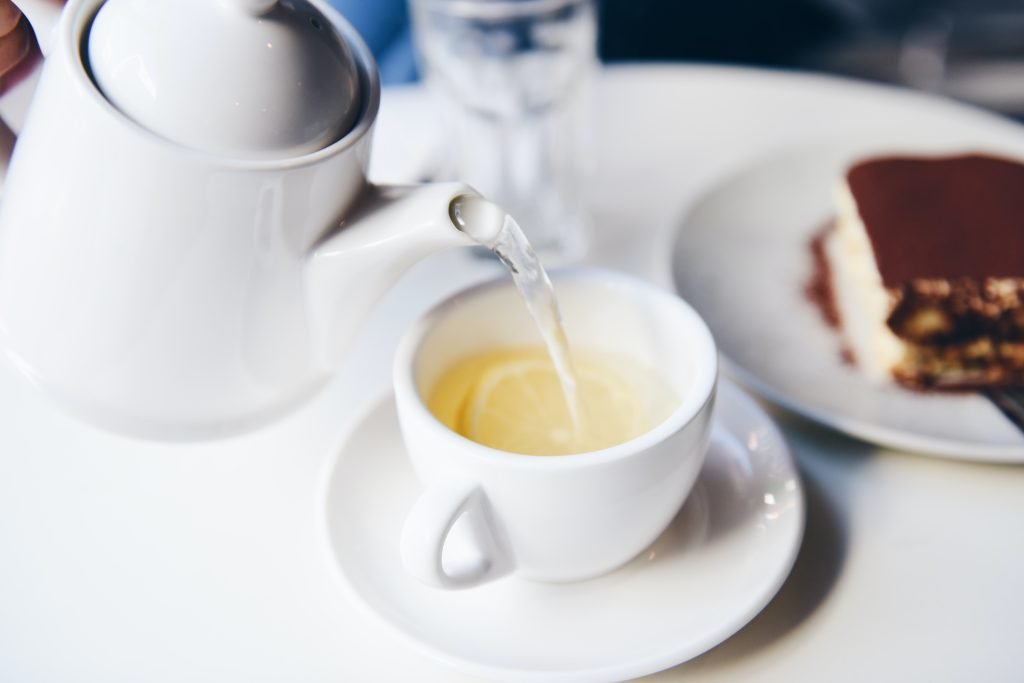Herbal infusions, including teas and specialized preparations, offer more than just benefits for older adults or those aiming to shed pounds. They provide a health-conscious and lesser-known approach to complement the anabolic diet, proving valuable for various demographics.
Although specific data on tea’s effects on muscle size is lacking, the natural steroids found in many herbal compounds trigger chemical changes akin to prohibited substances, all without adverse reactions.
Notable varieties like green and black tea not only effectively reduce body fat but also yield a dual hypertrophic impact. By intervening in testosterone glucuronidation, they heighten available testosterone levels, subsequently enhancing athletic performance and muscle growth.
The purpose of these infusions is to stimulate anabolic hormones like HGH and IGF-1, as well as activate the mTOR pathway responsible for muscle growth.
Tailored Infusions for Optimal Workouts
Quality sleep and body relaxation are pivotal for efficient recovery and muscle growth. In this regard, infusions like passionflower, lavender, chamomile, and valerian play a commendable role.
For bodybuilders, whether at the amateur or professional level, integrating herbal teas into their diets is prudent. These infusions can bolster muscle mass directly or facilitate relaxation—either physically or mentally—through extracts that indirectly support the muscle growth process.
Of course, it’s evident that herbal infusions can’t foster muscle growth in isolation from diet and exercise. However, even in scenarios involving low-fat diets or moderate exercise, they can positively influence anabolic hormones, enhancing muscle growth by augmenting the body’s stress response.
Exploring Ginseng’s Benefits
Ginseng, available as an infusion or tea, aids protein synthesis, enabling the body to better adapt to physical stress. Research suggests that ginseng enhances energy levels, well-being, and cardiovascular health, helping bodybuilders manage daily exercise stress with steadier sleep, mood, and appetite patterns.
Unveiling Echinacea’s Potential
Native to North America, echinacea, utilized by indigenous peoples for a plethora of purposes, has emerged as a staple in bodybuilding. It stimulates the immune system, offering amateur athletes numerous benefits, including heightened performance potential, antioxidant properties against exercise-induced free radicals, and accelerated muscle recovery.
Harnessing the Power of Burdock
Burdock tea, celebrated for various functions, shines in its ability to stimulate sexual activity and amplify stamina. Active compounds foster LH hormone and testosterone production, optimizing conditions for workout performance. Widely used in traditional medicine, burdock has historical applications for impotence and overall strength enhancement.
Ginkgo Biloba’s Cellular Care
Ginkgo biloba, available in both capsule and tea forms, acts as an antioxidant that safeguards cellular DNA from reactive free radicals. Furthermore, it enhances blood vessel flexibility, leading to improved circulation and impressive muscle pumping. This vasodilator effect positively influences neurological function.
The Rise of Yerba Mate
Yerba mate extract, akin to guarana and increasingly popular in non-traditional regions, holds a place in the sports world due to its stimulating properties. Additionally, its compounds contribute to blood purification, appetite control, anti-aging effects, cortisone production, and nervous system toning. Consumed as a hot infusion or cold tereré, yerba mate’s vitamin content and synergistic compounds are invaluable for sculpting a robust physique.
Incorporating these herbal infusions into one’s regimen is a strategic step towards holistic muscle growth and overall well-being. Their multifaceted benefits make them a valuable tool for bodybuilders seeking a natural edge in their fitness journey.
MEDICAL DISCLAIMER
Hummingbirdtearoom.com cannot and does not contain medical/health advice. The medical/health information is provided for general and educational purposes only and is not a substitute for professional advice.


